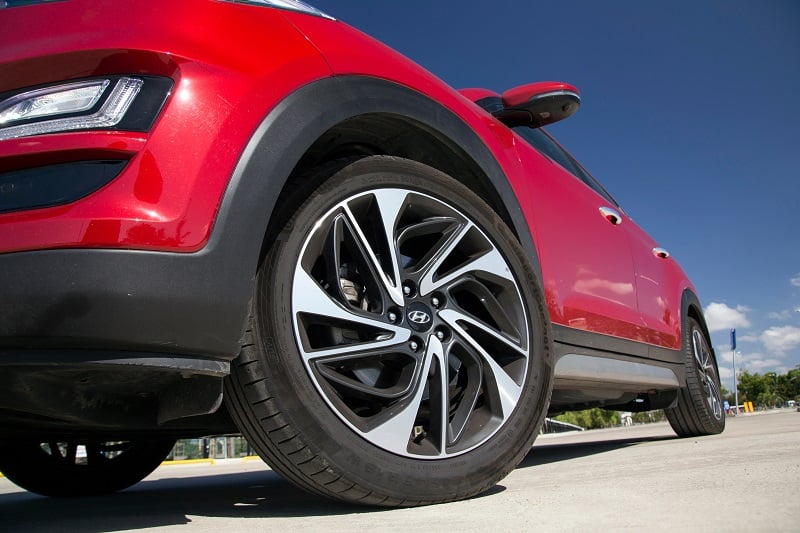A look at the maintenance items in your Hyundai’s scheduled maintenance
A look at the maintenance items in your Hyundai’s scheduled maintenance
Posted on October 20, 2023

Maintaining your Hyundai’s optimum performance requires regular scheduled maintenance. Understanding the significance of each maintenance item can aid in preventing unexpected breakdowns and assure the longevity and efficiency of the vehicle. The elements below are checked at different intervals during your Hyundai’s scheduled maintenance.
1. Engine Oil and Filter Changes
The engine oil and filter are the lifeblood of your vehicle and should be changed at the intervals specified in the maintenance schedule. Especially in severe driving conditions, more frequent changes are essential to avoid unnecessary wear and tear on the engine. This preventative step assures optimal lubrication and performance.
2. Drive Belts Inspection
Regular inspections of all drive belts are crucial. These should be checked for cuts, cracks, excessive wear, or oil saturation. Proper tension should be maintained to avoid any potential breakage or slippage, preventing possible extensive damage.
3. Fuel Lines, Hoses, and Connections
A thorough check of fuel lines, hoses, and connections for any leaks or damages is important, any detected damage or leakage will be addressed immediately by the team at Sherwood Park Hyundai in order to avert potential fuel supply problems and ensuring efficient fuel delivery.
4. Fuel Filter Monitoring
Although generally maintenance-free, the fuel filter’s periodic inspection is recommended. Any restrictions, surging, loss of power, or starting problems warrant immediate replacement.
5. Vapor Hose and Fuel Filler Cap
Regular inspections at specified intervals assure the proper functioning of the vapor hose and fuel filler cap. Replacements should be correctly fitted to maintain the vehicle's fuel efficiency and emission controls.
6. Vacuum Crankcase Ventilation Hoses
Inspecting hoses for heat and mechanical damage is essential. Any sign of deterioration or damage like hard and brittle rubber, cracking, tears, cuts, abrasions, and excessive swelling necessitates immediate replacement.
7. Air Cleaner Filter Replacement
Sherwood Park Hyundai technicians will replace the air cleaner filter at specified intervals in order to maintain optimum engine performance and fuel efficiency.
8. Spark Plugs
Installing new spark plugs of the correct heat range will maintain optimal engine performance. Proper handling and installation prevent contamination of the spark plug insulator.
9. Cooling System
Routine checks of cooling system components such as the radiator, coolant reservoir, hoses, and connections for leakage and damage help prevent overheating and ensure your Hyundai continues to run smoothly.
10. Automatic Transmission Fluid
While under normal conditions, automatic transmission fluid should not need checking; it should be changed as per the maintenance schedule to maintain transmission integrity.
11. Brake System
Visual inspections of brake hoses, fluid levels, discs, pads, and other components are paramount for ensuring safe operation. Any visible damage or abnormal wear will be noticed by our technicians who can make the appropriate corrections.
12. Suspension and Steering Components
Loose or damaged suspension connections and steering components should be retightened or replaced as necessary to maintain steering responsiveness and handling stability.
13. Drive Shafts and Boots
Regular inspections for cracks, deterioration, or damage prevent potential failures, ensuring smooth power delivery to the wheels.
14. Air Conditioning Refrigerant
Checking the air conditioning lines and connections for leakage and damage will preserve the effectiveness and efficiency of the air conditioning system.
Adhering to scheduled maintenance and promptly addressing any identified issues will not only extend the lifespan of your Hyundai but also maintain its performance, safety, and fuel efficiency. It will also preserve and even increase your Hyundai’s resale value.
